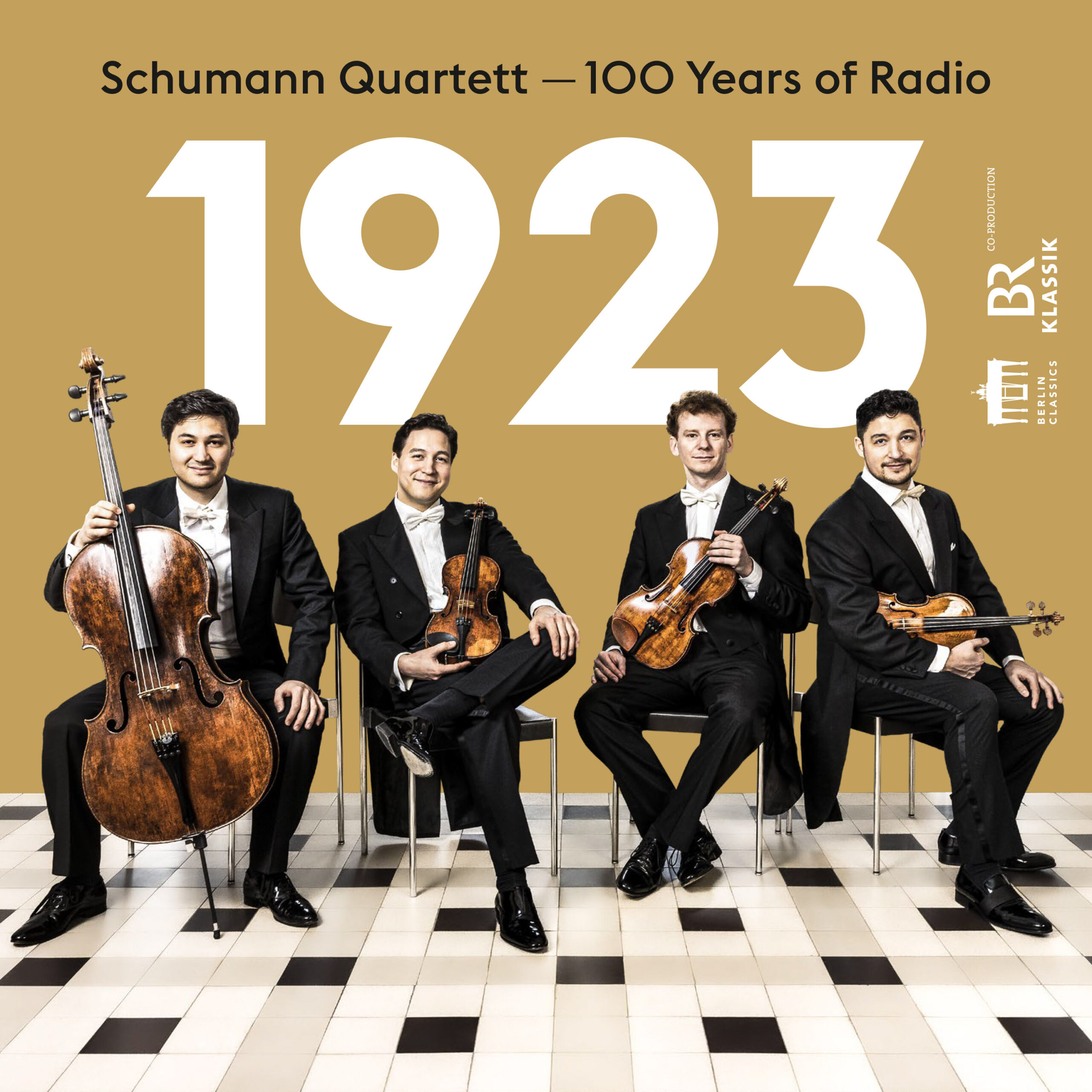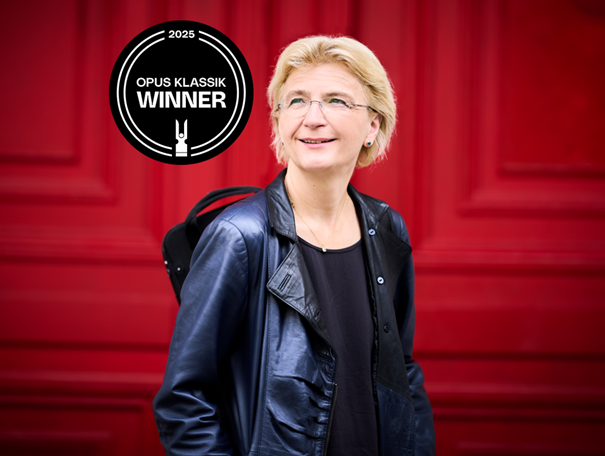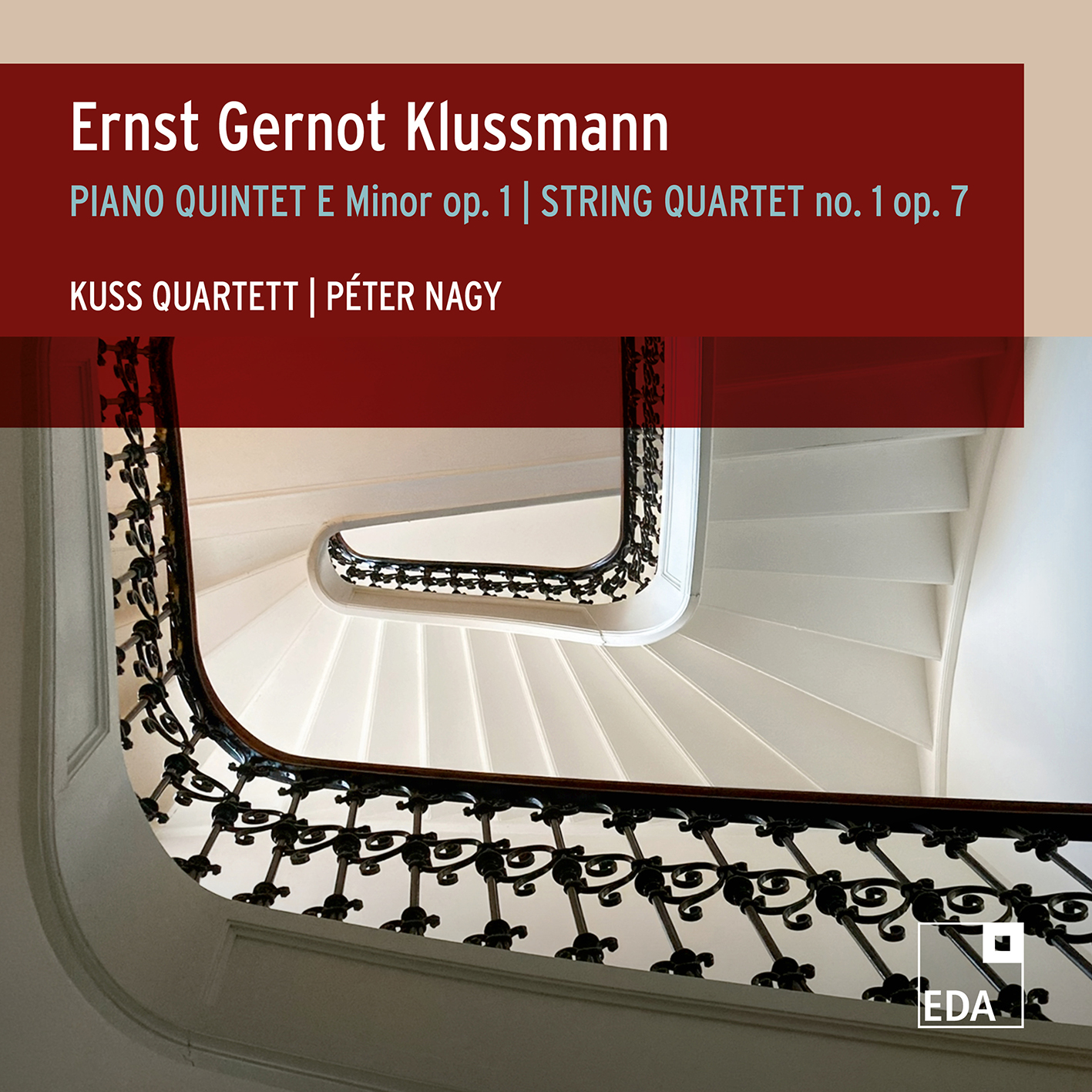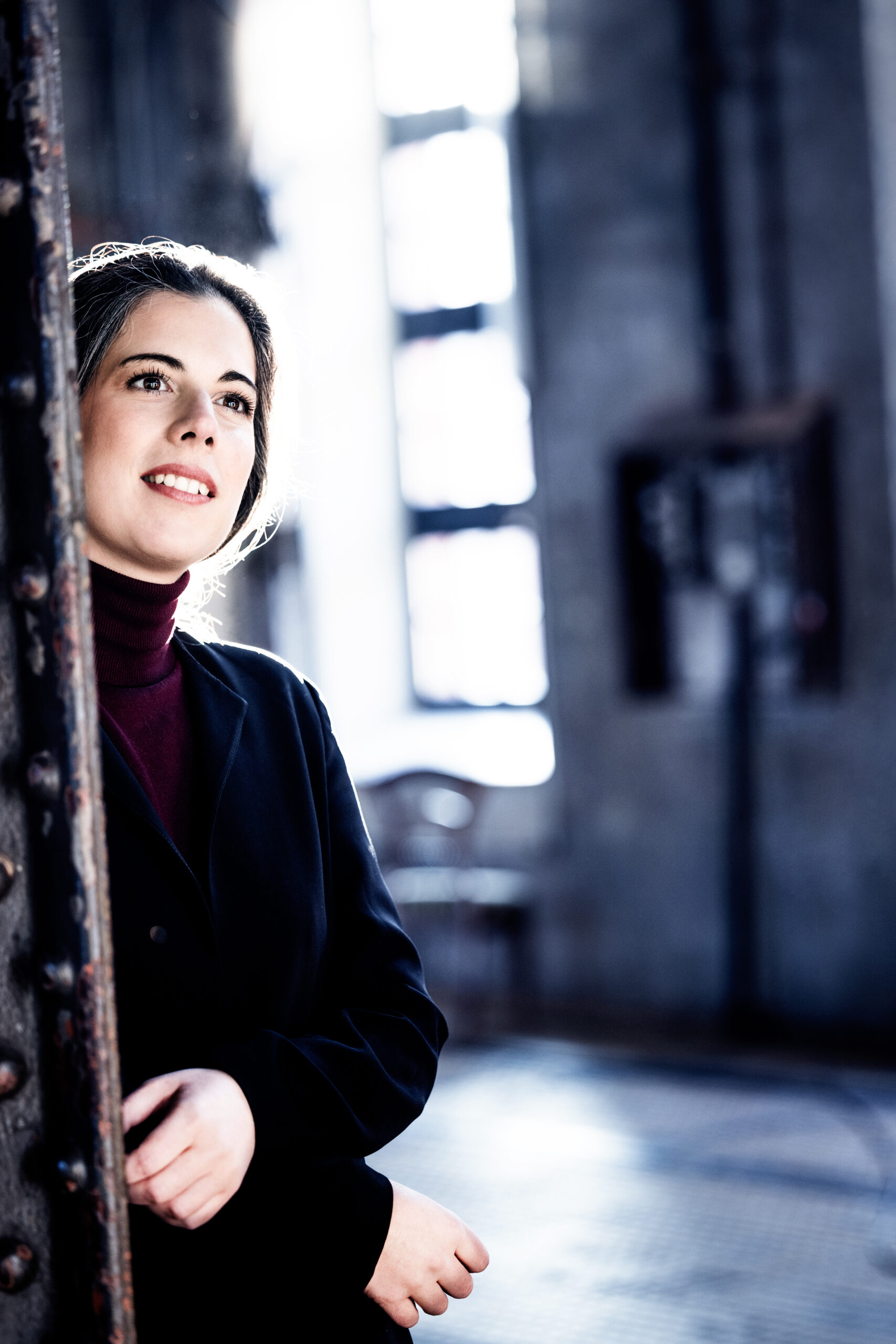
New album release by the Schumann Quartet: Music from 1923 – a year of crisis and new beginnings
The Schumann Quartet has devoted its latest studio production, “1923”, to a year in which new musical paths were sought, found or called into question and in which the birth of radio heralded a new era for composers and the dissemination of their music. The CD includes selected music for quartet by Paul Hindemith, Alban Berg, Erwin Schulhoff and Leoš Janáček.
In retrospect, the year 1923 seems Janus-faced to us: “Everything kaput, everything unclear” for example is the description by curator Juliane Au of a current exhibition at the Hamburger Kunsthalle that shows what artists were focusing on in this crisis year of the Weimar Republic. In 1923, Germany was experiencing hyperinflation, the occupation of the Ruhr area led to massive protests, and the attempted coup by Hitler in November sent shock waves through the republic. But every crisis carries the seeds of a new beginning, a new determination – and that is reflected first of all in the arts, especially music. And, indeed, this year saw the dawning of a veritable new era for music that offered it unprecedented opportunities to be heard and provided it with new target audiences. That is because in 1923, the first radio programme in Germany took to the airwaves, as also occurred in the then Czechoslovakia, Austria and Switzerland. Now, the Schumann Quartet (the brothers Erik (vn. 1), Ken (vn. 2) and Mark Schumann (vc.), along with Veit Hertenstein (va.)) has devoted its new studio album “1923” to this landmark moment of the 20th century in connection with the current focus by the broadcaster BR Klassik. It includes only compositions that were composed or premiered in 1923, or had their first big breakthrough in that year.
The year 1923 boasted a diversity of styles that is practically unmatched by any other. Atonality and 12-tone music, jazz and neo-Romanticism collided with one another, sometimes merging into something new or calling each other into question.
The selection of the works was the first step in this project, as Ken Schumann recalls: “I found it fascinating what different styles prevailed at this time. Just five years after the First World War … a very special atmosphere. We wanted to try and capture something of this era.”
With its new album “1923 – 100 Years of Radio”, the Schumann Quartet has thus created a musical “annual” that is full of humour, satire and experiment but also offers emotional roller-coaster rides. An album that could barely be more entertaining or diverse but never appears superficial or trivial. But avoidance of the superficial and trivial is something this outstanding ensemble has guaranteed since its founding in 2007, and the recent arrival of Veit Hertenstein (2022) as its new violist has not changed that one whit, as the quartet’s continued popularity with audiences and the reactions of music critics go to show (such as, recently, from Harald Eggebrecht in the “Süddeutsche Zeitung”).
This juxtaposition of very different styles is accompanied by bonus digital releases of two further pieces that contrast strongly with the rest of the programme but still played a big musical role in this era: “The Charleston”, the piece by James P. Johnson that was to become the iconic dance of the Golden Twenties (release date Aug 25, on all streaming platforms), and the Christmas melody “Stille Nacht, heilige Nacht” (“Silent Night, Holy Night”) by Franz Xaver Gruber, which was played during the very first radio broadcast in Germany (release date Nov 11, on all streaming platforms).




